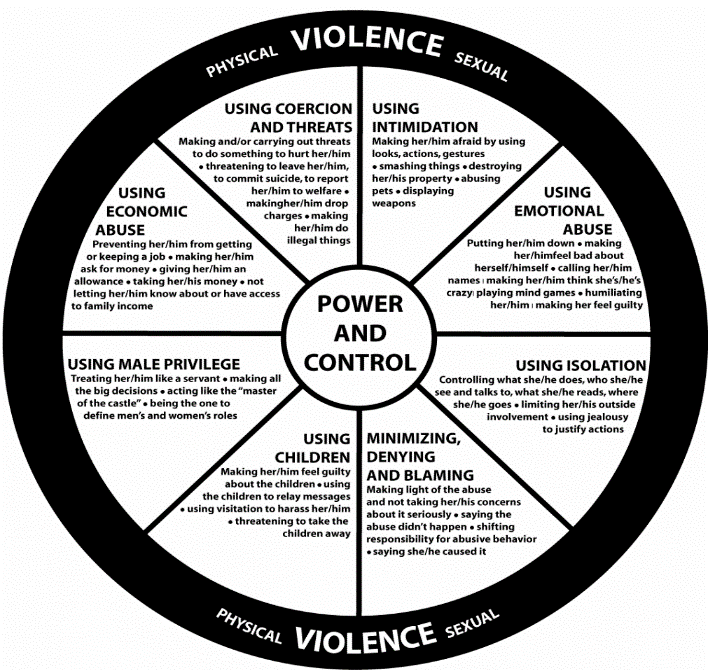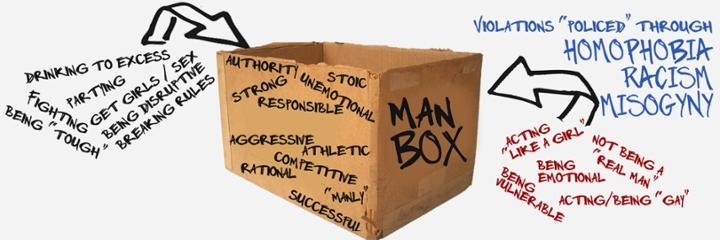Engaging Men in the Fight against Domestic Violence

Aaron Vanderkuyl is a Social Work student from the University of Windsor, and is currently in his advanced practicum at Changing Ways. Aaron has long worked with individuals and families to improve relationships, and foster caring and trust within the home. At Changing Ways, he continues to serve, and advocate on behalf of an underserved community to help engage men in actively nurturing positive relationships with their partners and children
Why is it important to engage men in the conversation to end violence against women?
As a student at Changing Ways, I have learned just how vital it is to support men in changing the way they think about and use their power. Unfortunately, there still exists an alarmingly high rate of domestic violence in society, and these offences are committed disproportionately by men. Canadian estimates suggest that roughly 30% of women have experienced some form of physical or sexual abuse in their lifetime. Some men use violence as a means of controlling their partner’s thoughts, feelings and actions, when other tactics have not been effective. Although physical and sexual violence are considered to be the most extreme forms of control, other tactics include:
- The use of coercion
- Threats
- Financial abuse
- The use of isolation,
- Involving the children or other family members
- Intimidation
- Minimizing denying and blaming, and
- The use of male privilege.
- All of these mechanisms of control are used to dominate a relationship by controlling a partner’s actions.
So why do men use violence and control?

This is a complex question as there are numerous factors that contribute to the use of violence in intimate relationships. Often, men who use violence have experienced abusive parenting while they were children or have observed abuse in other relationships growing up. Men are also often socialized in their communities to conform to male stereotypes, which reinforce controlling behaviours. Some of these myths that have been entrenched into our society include: that a man’s opinion is regarded as higher than a woman’s; that a man is considered weak if he shows his true feelings; that a man needs to be the main earner in the family and to control the funds; and that women are passive and require direction. If men hold false beliefs like these, they will continue to feel as though the use of power over their partner is justified. The additional danger is that men who use any form of control, such as emotional abuse, can escalate to violence when those means become ineffective. Because of this, there is an increasing importance placed on challenging men to recognize and be accountable for their use of control over their partners and to break the cycle of abuse.
How can we help men to change their thinking and become allies?
Work needs to be done at a number of different societal levels in order to address the complicated issue of violence against women. At Changing Ways, services are provided to men who have already used some form of abuse against their partner. The goal of the program is to help men become aware of their abusive control tactics, take accountability for the harm that it causes within relationships and families, and develop strategies which will foster respectful partnerships in which both parties share power equally. One of the challenges is fighting the engrained societal norms about gender roles which are used to justify the use of power over another person. This is certainly no small feat for men, because the social stigma attached to these men who are coming forward and have abused their partners is profound. Organizations like Changing Ways work hard to engage men in the community to collectively defy those harmful beliefs which contribute to a culture that places the needs of men over that of women. We also provide a safe space for men to openly talk about their experiences of using abuse with other men who were/are in similar situations. This allows for open conversation to happen in an area where men will not feel judged.

On a larger societal level, a shift is needed in the way we think and talk about gender roles. Currently, there still exists considerable pressure from society to keep men and women confined to a set of expectations and double standards, which creates an unhealthy climate. If men are able to come forward and actively question these ideas, it goes a long way to setting a positive precedent for other men to be able to follow. Men can be engaged in the process of change and can help to become advocates for programs which address gender inequality and challenge men’s perceived norms.
It often all comes down to this one question: Why do we think it’s so important to engage men in ending violence against women? The answer is clear: Men have the power to set a precedent for other men in the way they interact with women, for good or for bad. Once men are actively engaged in setting an example within male groups and challenging inappropriate ideas and behaviours, change will come much more quickly. It is up to all of us to do our part in creating a more respectful and supportive community.
References
Ellsberg, Arango, Morton, Gennari, Kiplesund, Contreras, & Watts. (2015). Prevention of violence against women and girls: What does the evidence say? The Lancet,385(9977), 1555-1566.
Harway, M., O'Neil, James M, Biden, Joseph R, & Sage Publications. (1999). What causes men's violence against women? Thousand Oaks, Calif.: Sage Publications.
Morris, M., Gibson Library Connections Inc, & Match International Centre, publisher. (2014). Violence against women in Canada : Effective approaches and resources.
